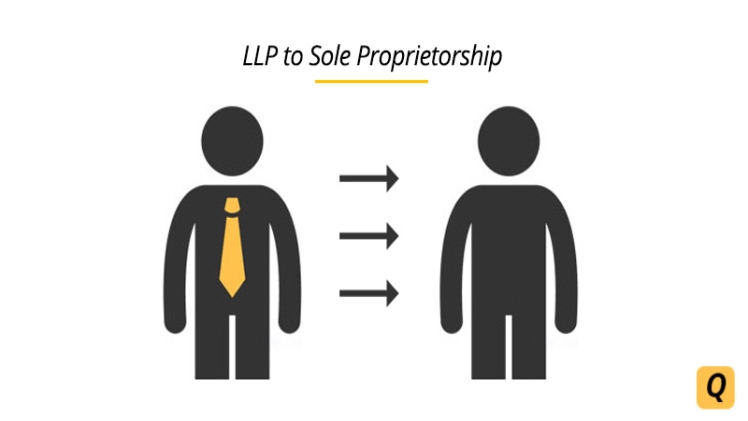Sole trader and limited company are the most used words used in the market. Most people don’t have any clear idea which one is better and why. Many people invest money on the wrong side for the lack of knowledge in eventually losing the money. Difference between a sole trader and limited company is not huge, but there is some key difference that makes them suitable for one and not so good option for another person. So to have a clear idea then you have to keep reading. Today I am trying my best to explain which one is better and why. After reading this article, you will have a clear idea about the difference between a sole trader and a limited company. So let us jump into the topic.
What is a sole trader?
A sole trader means that you own a company and you are the sole owner of the company. You employ people in your company, and that is up to you. A sole trader is one of the most common structures in the business, and that’s why more people are into sole trading.
What is a limited company?
A limited company represents the whole company as an own identity. Like people and everyone knows the company by its name, it is like being a person. But the company has several owners and some shareholders to run the company. So if you are a single person and related to a limited company, then that means you are a shareholder of the company.
Limited company vs. sole traders
Both limited companies and sole traders have their perks and disadvantages. That’s why one is better for one, and one is not. Now let’s look at some of both sides of the two business structures’ advantages and disadvantages.
Sole trader advantges
- One man ran you, so there was no need to get interference and a low amount of paperwork. You pay the whole tax of the company as you are the sole owner.
- Greater privacy than any other company, especially compared with the limited company.
Sole trader disadvantages
- The sole trader has only one person, and he is the sole owner. So all the liability and all the stuff depends on the owner. Someone calls that unlimited liability. If the business sees any loss, the owner of the business can lose all including his asset.
- Having funds and loans and raising funds is one of the company’s main problems because the investor and loan giving banks also trusts limited company more than a sole trader.
- Then there is the tax issue. You cant go as high as a limited company. There are limitations of the sole trader. If you pass the limit, then you have to declare yourself as a limited company.
Limited company Advantages
- The limited company has limited liability. As there are many shareholders and a single company manager, the chances are losing your asset is pretty low.
- They have no issue with income tax. The sole trader pays income tax. On the other hand, the limited company pays corporation tax, so that makes it more efficient. It is also more profitable compare with the sole trader. Plus, there is some system that can pay less the tax even further.
- When you sign up your company as a limited company, no one can use the same name, unlike any other sole trader.
Limited company disadvantages
- The limited company comes with some responsibility. That means you have to maintain some rules and regulation as a manager of the company.
- More responsibility can bring you extra paperwork, or you can spend money to hire an accountant to do all your job.
- You have to be transparent about all the business details to the public, and sometimes it is not the best idea.













